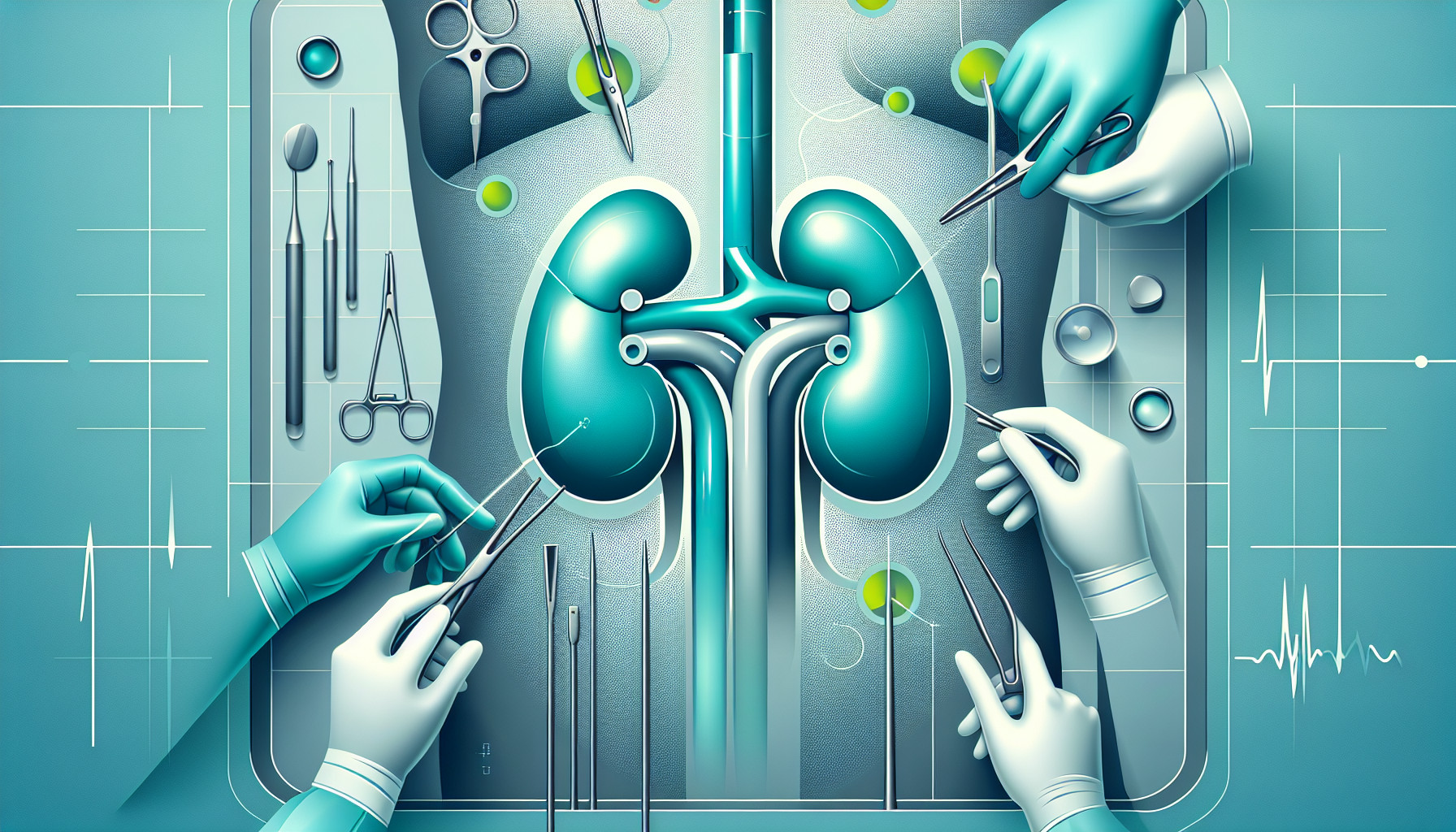Our Summary
This research paper focuses on the experiences of children who have had a kidney transplant and their families. It acknowledges that while a transplant is the best treatment for kidney failure, it can cause a lot of stress and anxiety. The researchers wanted to understand what kind of information these patients and their families need to help them adjust to life after the transplant.
The study participants provided photographs that represented how they felt about their situation, such as feeling worried, confident, or different from their peers. These photos were then used as a basis for in-depth interviews.
From these interviews, five main themes were identified. These were the exchange of information (from being receivers of information to becoming contributors), managing the transition from family care to self-care, building confidence (from worry to confidence), telling their story (from hiding their condition to expressing themselves), and normalizing the experience of having a kidney transplant (from feeling different to feeling similar to others).
These five themes, which the researchers have termed “Kidney Identity”, evolve over time as the patient goes through their transplant journey. The researchers suggest that understanding a patient’s Kidney Identity could help them reflect on their progress and help doctors and caregivers identify where they might need more support.
FAQs
- What is the purpose of the research study on children who have had a kidney transplant?
- What are the five main themes identified in the study about children’s experiences after a kidney transplant?
- How can understanding a patient’s “Kidney Identity” help doctors and caregivers provide better support?
Doctor’s Tip
One helpful tip a doctor might give a patient about kidney transplant is to stay informed and actively participate in their own care. This includes asking questions, following the prescribed treatment plan, attending regular check-ups, and communicating any concerns or changes in symptoms to their healthcare team. By being proactive and engaged in their own health, patients can better manage their transplant and improve their overall quality of life.
Suitable For
Patients who are typically recommended for a kidney transplant are those who have end-stage renal disease and are no longer able to function properly without dialysis or a transplant. This includes patients with chronic kidney disease, polycystic kidney disease, diabetic nephropathy, and other kidney diseases. Patients must also meet certain criteria such as being healthy enough to undergo surgery and have a good support system in place for post-transplant care. Overall, kidney transplant is recommended for patients who have exhausted other treatment options and are looking for a long-term solution to their kidney failure.
Timeline
Before kidney transplant:
Patient is diagnosed with kidney failure
Patient undergoes evaluation for transplant eligibility
Patient is placed on the transplant waiting list
Patient undergoes dialysis treatment to manage kidney failure
Patient and family receive education and counseling about the transplant process
After kidney transplant:
Patient receives a donor kidney and undergoes surgery
Patient stays in the hospital for monitoring and recovery
Patient takes immunosuppressant medication to prevent organ rejection
Patient undergoes regular follow-up appointments and monitoring
Patient adjusts to life with a new kidney, including managing medication, diet, and lifestyle changes
Patient experiences improvements in health and quality of life
Overall, the kidney transplant journey is a complex and life-changing experience for patients and their families. It involves physical, emotional, and psychological challenges, but can also bring hope and a new lease on life for those who undergo the procedure.
What to Ask Your Doctor
- What are the risks and benefits of a kidney transplant for me specifically?
- How long will I have to wait for a kidney transplant, and what is the process like?
- How will my life change after the transplant in terms of diet, medication, and lifestyle?
- What kind of support will I need post-transplant, and how can my family be involved in my care?
- How can I manage the emotional and psychological impact of having a kidney transplant?
- What kind of follow-up care will I need after the transplant, and how often will I need to see my doctor?
- Are there any potential complications or side effects I should be aware of?
- How will having a kidney transplant affect my ability to have children in the future?
- Can you connect me with other patients who have had a kidney transplant so I can learn from their experiences?
- What resources are available to help me financially with the cost of the transplant procedure and medications?
Reference
Authors: Dunbar JC, Bascom E, Pratt W, Snyder J, Smith JM, Pollack AH. Journal: Pediatr Transplant. 2022 Nov;26(7):e14343. doi: 10.1111/petr.14343. Epub 2022 Jul 21. PMID: 35863916
